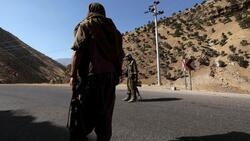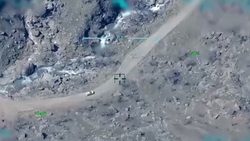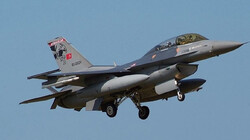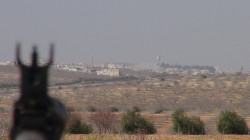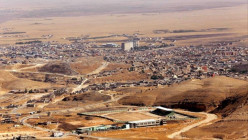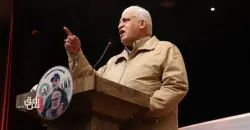Negotiations between PMF and PKK return missing Arab girls in Nineveh
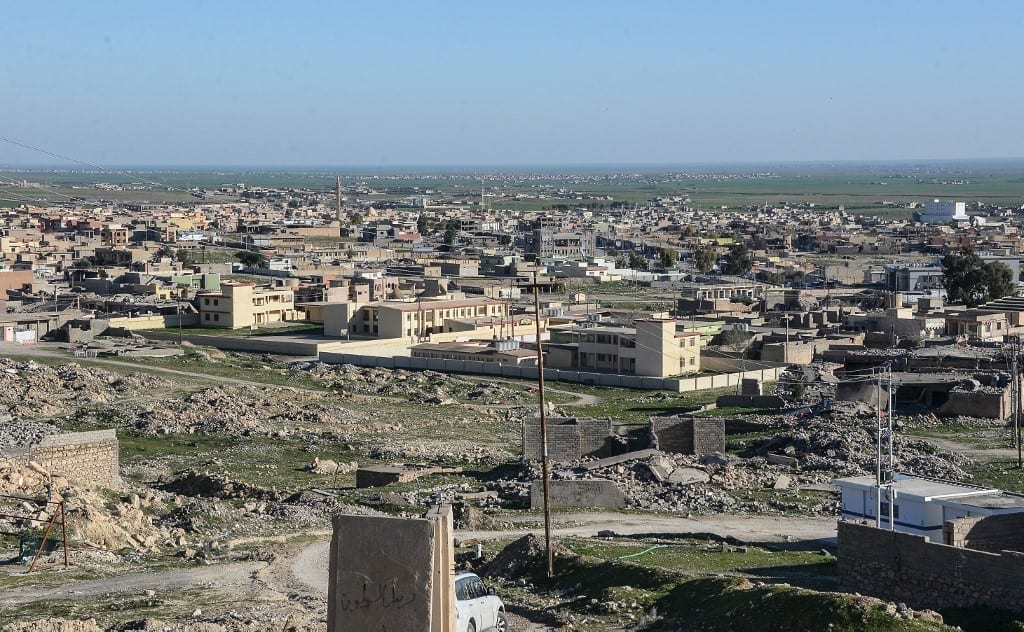
Shafaq News / A security source in Nineveh governorate revealed that talks between the Popular Mobilization Forces (PMF) and the Kurdistan Workers' Party (PKK) have led to the return of four Arab girls, with ongoing negotiations for the remaining two.
The source told Shafaq News Agency that "negotiations led by the commander of the PMF's 60th Brigade Abdul Khaliq al-Dabagh with the PKK have successfully resulted in the return of four girls to their homes in Um al-Thiban complex near Sinjar district, part of the Qahtaniyah subdistrict."
On Wednesday, a security source disclosed the disappearance of Arab girls from Um al-Thiban complex.
The source said that "an Arab tribe in Um al-Thiban complex is on high alert following the disappearance of five girls from the village. The tribe is currently searching for the girls and has threatened security forces and other entities, demanding the disclosure of the girls' whereabouts."
According to the source, the girls, "aged between 13 and 15, joined a women's council affiliated with the PKK without their families' knowledge."
In turn, Deputy of Nineveh Abdul Rahim al-Shammari revealed yesterday the fate of the girls, "They joined councils of women affiliated with the Kurdistan Workers' Party," explaining that "Um al-Thiban complex houses a women's council managed by local girls and women working for the council. They recruit girls to work in exchange for modest sums, estimated at $100 or $200, due to the dire conditions and extreme poverty experienced by residents in these areas."
Notably, the PKK has maintained a significant presence in northern Iraq since the 1980s, using the region as a strategic base for operations against Turkiye.
The mountainous terrain of northern Iraq offers the PKK a refuge from Turkish military actions and a location to train and organize its fighters.
This presence has led to tensions with both the Iraqi Kurdish authorities, primarily the Kurdistan Regional Government (KRG), and the central Iraqi government. The KRG, while sharing ethnic ties with the PKK, has often been at odds with the group due to its own political and economic interests, as well as pressure from Turkiye.
The PKK's activities in the region have included skirmishes with Turkish forces, who periodically conduct cross-border operations to target PKK bases.
These operations have resulted in civilian casualties and displacement, exacerbating the humanitarian situation in northern Iraq.
The PKK has also influenced local politics through affiliated organizations and has been involved in conflicts with other Kurdish factions, complicating the regional security landscape.
